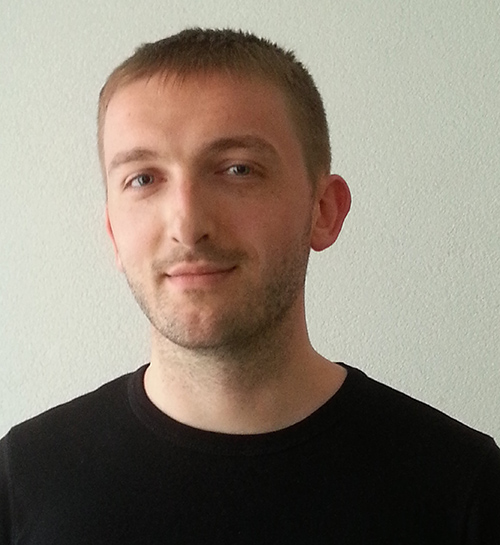Niels Bügel
There are various opportunities to work on larger projects during the programme, allowing you to work with cutting-edge technologies.
Niels Bügel - Student of the MSc Computing Science
One of the main reasons I chose this programme was the range of interesting courses that were offered in the field of visual computing. The atmosphere, teachers, teaching assistant jobs, and opportunities for extracurricular activities at this university are also absolutely amazing. So after doing my Bachelor’s in CS here at Groningen, it was the logical choice to do the CS Master’s here as well.There are various opportunities to work on larger projects during the programme, allowing you to work with cutting-edge technologies...
lees verder ...






